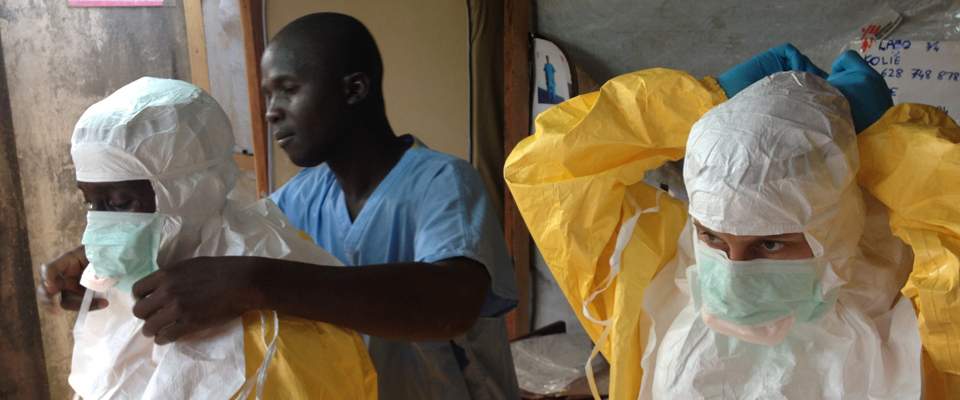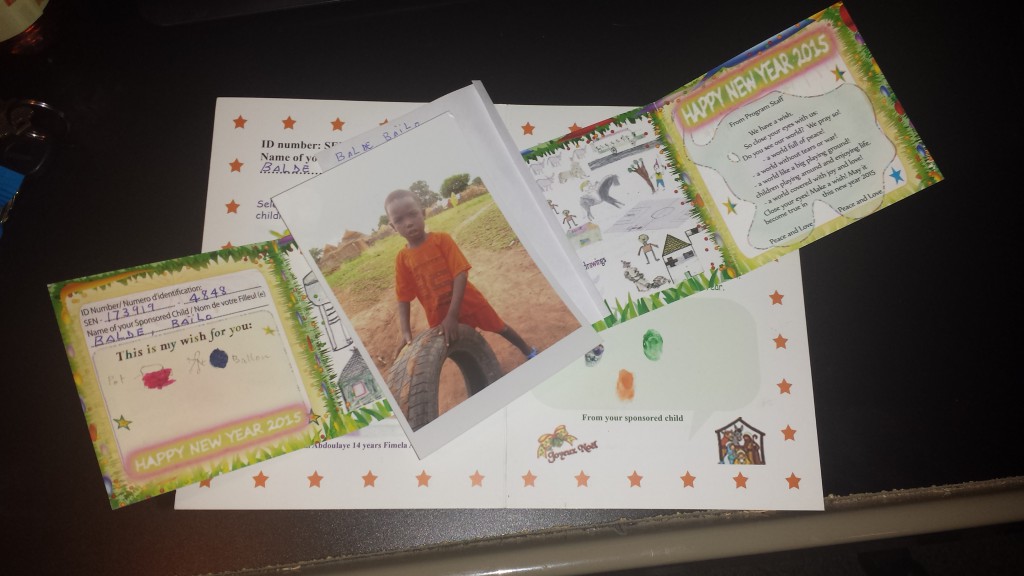I draw heavily on the news for inspiration for these #25daysofpeace posts. I tend to be listening to the radio and an idea pops into my head that I want to write about. The days when I struggle to find a subject, are the days that I don’t listen to the news. Today my drive to work was about 2 hours each way, so I had plenty of time to listen to the radio. The problem with listening to the radio for that long is that I feel like I have too many things that I want to write about. It has been interesting to hear the continued coverage of some of the topics we have brushed on during the 16 days of this project, and part of me wants to recap some of the stories we have tackled, but with the new information that has come out in the media. We may do that someday soon, but today I want to focus on a very specific subject.
Want to guess what it is? I’ll give you some options.
We have the Sony Pictures hack and the very interesting response to it, perhaps we will talk about that? We could talk about the 140+ children who were killed by the Taliban in Pakistan yesterday? Maybe I want to talk about Cuba and the historic events happening in our relations with them? Surely there is always plenty of political silliness we could address?
Nope, nope, nope and nope. I want to talk about something else, even though it might be a bit painful. I want to talk about a new movie that is coming out this Christmas. Or rather, an old movie that is being redone this Christmas. Annie.
I didn’t realize a new version of this classic movie was coming, so I was surprised when I heard about it on the radio. I started wondering what it would look like, how it would be the same, how it might be different, I wondered if it could live up to the standard I held the original to. Now that I am home and have the power of the internet under my fingers, I can see a few obvious differences, but I have to assume that the general thrust of the plot will be very similar to the 1982 classic.
When I and my brothers were growing up, Annie was in the VCR an awful lot. I don’t know exactly why we watched it so often, but I suspect that my younger brother may have had something to do with the repeated watching. (This brother once played “I got you babe” by Sonny and Cher non-stop in his room for a month straight. I still have nightmares!*) Again, I do not know for sure, but I suspect one of the other reasons we watched the film was a bit more meaningful.
For those of you who do not know the plot of the 1982 version of Annie, I will quickly summarize it for you. A preciously adorable little girl, Annie, is an 11 year old orphan who has lived in an orphanage for her whole life. She meets and befriends an eccentric billionaire who wanted to adopt a little boy, essentially to be his heir. His initial plans to adopt a boy, are turned upside down as Annie steals “Daddy” Warbucks heart. Annie is still holding out hope that her real parents will come and find her, and as result there are some hijinks related to the reward offered by Warbucks to Annie’s parents if they should be found. It is of course, at least partially a musical, and we get the songs “It’s a hard knock life” and “Tomorrow” (The Sun’ll come out…tomorrow…bet your bottom dollar that tomorrow…etc. etc.) from this film.
I won’t spoil the ending, but I do want to let you know why I think it was significant in my home as a child. My mother was adopted. She never lived in an orphanage, but she was raised by two people who were not her biological parents. Annie had red hair, and to an extent my mother did too. Life wasn’t always very easy for my mother, so I’m sure she identified with the truth of “It’s a hard knock life”, and I know that my mother searched for and eventually found her birth mother. It gets even more interesting when I think about her dad, my grandfather. Keith was easily every bit as gruff and tough as Daddy Warbucks, and I think my mother probably saw some of Daddy Warbucks in her father. Ultimately I think she may have been subtlety been showing us part of her story when we were too young to really understand it. My mother wanted to adopt a daughter of her own one day, but circumstances were such that it never came to be.
The important truth that I think she may have been intimating to us, long before we could possibly hope to understand it with words, is that she was once lost, but had been found by loving parents who did their best to take care of her. She probably felt a mixed sense of sadness that she was an orphan, but also a sense of completeness that she had been adopted, brought into a family that loved her in the best way it could. I never really got to talk to her about this, so there is a lot of speculation involved here, but what I am surmising seems consistent with what I knew of her.
Unfortunately, life isn’t a musical for so many kids today. There is no guaranteed happy ending, and not everyone gets adopted. In just the U.S., statistics suggest that nearly 400,000 children are living without permanent families, and of these, more than 100,000 are eligible for adoption. In 2012, more than 20,000 of these kids aged out of the foster care system without a permanent family. The statistics are blurry, (I haven’t had time to do much research) but the picture they do paint is one of despair and hopelessness for those who age out of the system.
Is this okay? Are we as a nation okay with this? I know that not everyone is equipped to adopt or foster a child, and that the process is very difficult to work through, but it seems like the numbers are so large that we could surely do something to make an impact in them. I can’t go as far as to suggest that you adopt or foster a child, I have no place to do that, but I want to know if we can do better. Does this seem loving or peaceful that we have so many broken kids growing up essentially alone?
I have never really considered all of the implications of adoption, or the numbers who never find a permanent home, but I hope that I can be more aware of it now. I don’t know that I have the ability to do anything to change the equation, but if I stumble across the chance, I hope that I recognize it for what it is.
To close I’m including a video 2 of my friends made about adoption. Joe and Becca are a musical duo touring the U.S. and sharing concerts and ministry with anyone who will accept them, and they do not demand payment for their time. Adoption is close to their heart, and to the heart of some of their friends. Check out the video (which features their music, and was made by The Coopers and shared with Joe and Becca) and ask yourself what you can do to help bring a little bit of peace into the life of a lonely and abandoned child. Not everyone can adopt or foster, but everyone needs a place to call home.
You can check out theSurrendering to find more of their music, including a music video I helped them shoot a few months ago. They are some pretty awesome people!
A HUGE thank you to everyone who has donated to our Charity Water campaign so far! I am humbled by the anonymity you have all chosen! You guys rock!
* Just kidding about the nightmares bro. I love you.






